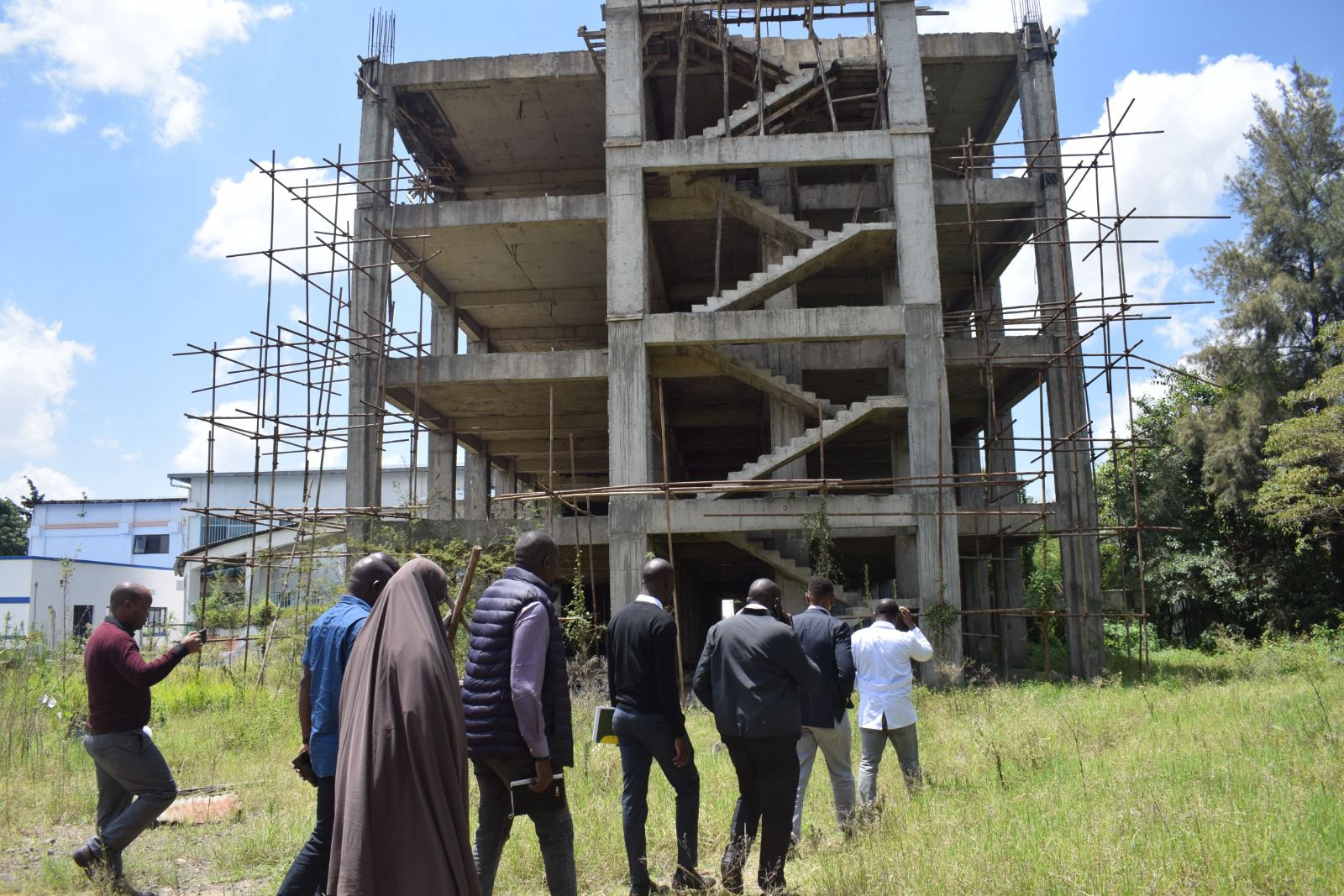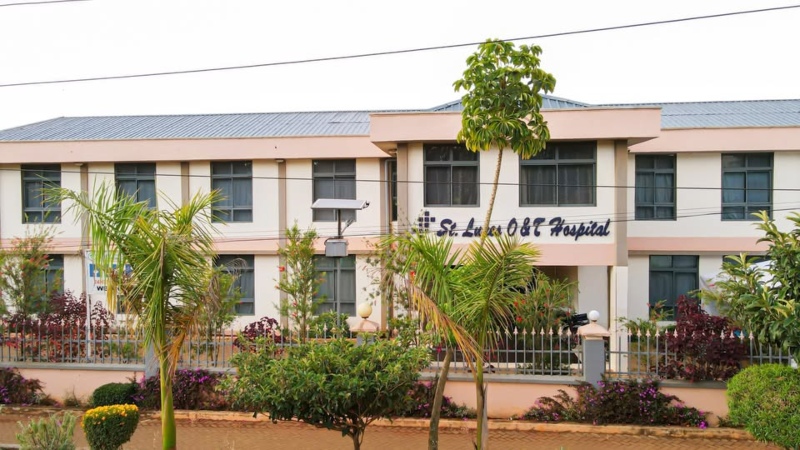Kenya's real estate market remains resilient amidst macro-economic challenges

The hospitality sector recorded the strongest improvement in 2023, with hotel occupancy rates increasing by 32 per cent in the period under review, from a similar period in 2022.
Despite unprecedented economic challenges, Kenya's real estate market showed improved performance across all asset classes in the year 2023, with real estate firm Knight Frank Kenya predicting continued growth in 2024.
The hospitality sector recorded the strongest improvement in 2023, with hotel occupancy rates increasing by 32 per cent in the period under review, from a similar period in 2022.
More To Read
- Kenya's retail and hospitality sectors slow as consumers cut spending in 2025
- Kenya’s prime office rents stagnate for fourth quarter despite rising demand, Knight Frank report shows
- Construction industry braces for higher costs as new taxes kick in
- Real estate industry raises red flags over Finance Bill, 2025 tax proposals
- Kenya sees sluggish growth in high-net-worth individuals amid economic headwinds – Knight Frank
- Kenya’s rich barely engage in luxury spending - report
The growth in hotel occupancy was driven mostly by a 29 per cent increase in visitor arrivals between January and October 2023, compared to a similar period in 2022.
"Hotel management challenges persist, leading to established operators taking over management roles in new establishments. Despite challenges, the sector expanded with new hotel openings and investments," noted Mark Dunford, CEO of Knight Frank Kenya.
In its H2 Market Update, Knight Frank notes that the office segment also recorded an improvement, with office occupancy rates increasing from 71.5 per cent in H1 2023 to 76.5 per cent in H2 2023.
This was largely attributed to the absorption of space in recently completed grade-A developments, even as grade-B office developments continued to face challenges.
"Office uptake was slow due to economic challenges exacerbated by oversupply. However, this situation is gradually changing, with prime office monthly rent in Nairobi remaining stable at USD 1.2 per sq. ft," noted Dunford.
In retail, Nairobi's retail sector adapted to market changes, with supermarket chains expanding into residential neighbourhoods. Notable retail centres completed during the review period included GTC Mall, My Town, Park Avenue Place in Nairobi, Promenade Mall in Mombasa, and Catholic Mall in Kakamega. Additionally, fewer developments remain in the pipeline.
The residential market was plagued by longer durations for sales completions, influenced by regulation challenges, economic conditions, inflation, and buyer-seller valuation disparities.
Despite the challenges, the market's performance improved by 5.85 per cent in 2023. Knight Frank predicts continued growth in 2024, as the government implements a reduction in the residential rental income tax rate.
The industrial sector also gained momentum in Kenya, with investments in industrial parks, Special Economic Zones (SEZs) and Export Processing Zones (EPZs) witnessed in 2023.
"Kenya's Vision 2030 aims for industrialisation, with one of the government interventions being the introduction of County Aggregation and Industrial Parks (CAIPs) to promote agro-manufacturing. However, lack of proper infrastructure and a tough business environment continues to be a challenge," noted Chares Macharia, Senior Researcher at Knight Frank Kenya.
Alternative sectors such as healthcare and affordable housing also witnessed an increase in momentum, albeit with some implementation challenges.
Top Stories Today












































